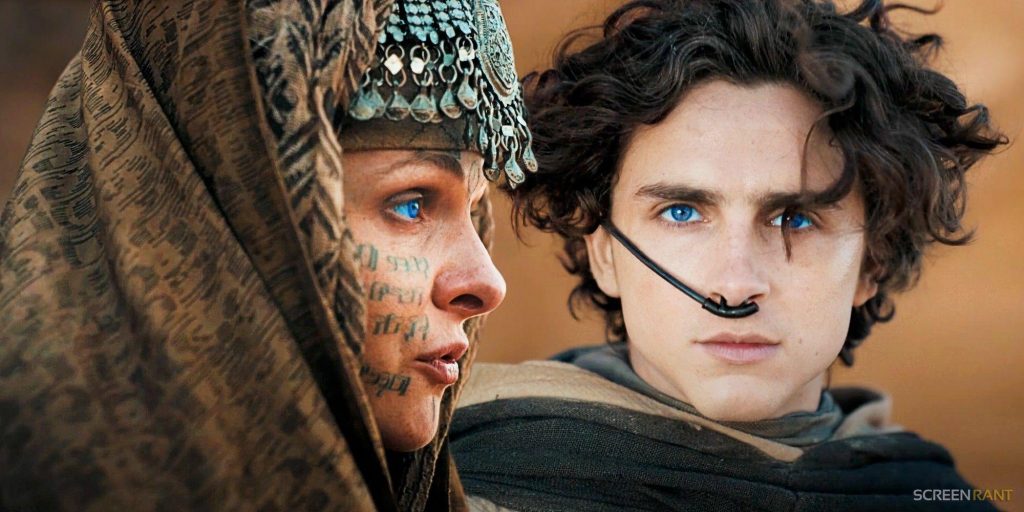Director Denis Villeneuve offers insight into one of the most significant changes in Dune: Part Two from its source material, Frank Herbert’s iconic novel. The alteration involves the character of Alia Atreides, Lady Jessica’s unborn child, and her role in the adaptation.
Denis Villeneuve’s Explanation
In an interview with Entertainment Weekly, Villeneuve elaborated on the decision to alter Alia’s storyline, emphasizing the need to increase tension and momentum in the film. He discussed the innovative approach of having Jessica communicate with Alia as an embryo, voiced by Anya Taylor-Joy, which he believed enhanced Jessica’s character and intensified Paul’s journey as the Messiah.
Key Points from Villeneuve’s Comments
Villeneuve expressed satisfaction with Anya Taylor-Joy’s portrayal of Alia and praised her willingness to embrace the challenge of playing a character that exists as a “ghost” and a “secret.”
The decision to have Jessica communicate with Alia as an embryo stemmed from screenwriting discussions aimed at creating a sense of time progression and adding pressure on Paul’s character.
Villeneuve considered the change to be a fresh and original concept that aligned with the spirit of Herbert’s book, despite potentially eliciting strong reactions from fans.
Analysis of the Alia Atreides Change
The alteration involving Alia’s character is arguably the most significant deviation from the source material in Dune: Part Two, yet it effectively adds complexity and tension to the narrative.
Jessica’s conversations with the unborn Alia offer insight into her emotions and thoughts, enriching her character development.
Anya Taylor-Joy’s portrayal of Alia as an embryo and in later visions allows the character to remain integral to the story while showcasing the formidable power of the Water of Life.
The change also ensures that Alia’s role in key moments, such as the revelation of their Harkonnen heritage, remains significant, even with deviations from the original plot.
FAQ
Why was the decision made to change Alia Atreides’ storyline in Dune: Part Two?
The change was aimed at increasing tension and momentum in the film while exploring new dimensions of Jessica’s character and intensifying Paul’s journey as the Messiah. Denis Villeneuve believed it added freshness and originality to the adaptation.
How does Anya Taylor-Joy’s portrayal contribute to the adaptation of Alia Atreides?
Taylor-Joy’s performance, both as the voice of the unborn Alia and in later visions, allows the character to maintain significance in the story while showcasing the power of the Water of Life and adding depth to key moments.
Was the change well-received by fans of the Dune novel?
While reactions from fans may vary, Denis Villeneuve believed the alteration stayed true to the essence of Frank Herbert’s book while offering a new perspective, acknowledging that it may elicit strong responses from dedicated fans.
Denis Villeneuve’s explanation sheds light on the creative decision-making process behind the bold change to Alia Atreides’ character in Dune: Part Two. By reimagining Alia’s role and incorporating innovative storytelling elements, the adaptation remains faithful to the essence of Frank Herbert’s novel while offering a fresh perspective on the beloved sci-fi epic.
